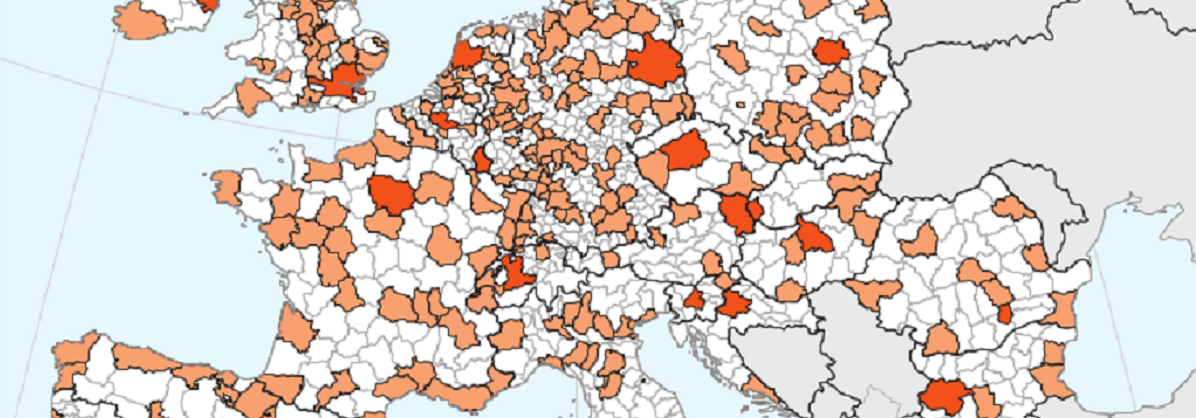Spatial planning requires good coordination between policy sectors and administrative levels. However, the level of formalisation of coordination in spatial planning varies widley. Particularly, in the Danube Region, many cities and municipalities are lacking formal cooperative structure within functional urban areas. The rather weak culture of comprehensive integrated spatial planning in many areas of the Danube Region further impedes comprehensive planning.
At the same time, spatial planners, regional developers, and local governments are becoming increasingly aware of the need to coordinate between policy areas and beyong municipal borders. For instance, mobility plans should match with housing strategies in order to meet actual needs of residents and businesses. At the same time, they should align with environmental goals in order to avoid negative spill-over effects. Likewise, public transport should meet the needs of commuters and therefore need to be coordinated with neighbouring municipalities. Further coordination needs might occur, if different administrative levels have responsibilities for policy sectors that need to be aligned.
Multi-level Governance in spatial planning: institutionalisation vs. flexibility
So, coordination is an essential part of spatial planning. But how do cities and municipalities manage coordination? What is the right approach with regards to the institutional setting?
According to the Action Plan of the EU Strategy for the Danube Region(EUSDR), one of the tasks in Priority Area 10 “Institutional Capacity and Cooperation” is to build metropolitan regions. This requires the broad awareness that spatial dynamics do not end at administrative borders. Anyhow, the absence of formal coordination structure does not necessarily mean that cities and municipalities cannot establish viable modes of cooperation. On the contrary, less formalism might allow for greater planning flexibility, and therefore, increases the adaptive capacities of city administrations. On the other hand, institutionalised planning and coordination structures underline a coordinative planning culture and is less dependent on political will.
Both ends of the spectrum have strengths and weaknesses. Legal or constitutional framworks further provide or limit opportunities for cities and municipalities.
Policy Paper for Functional Urban Areas
Against this background, the coordination of EUSDR Priority Area 10 “Institutional Capacity and Cooperation” launched a process to draft a Policy Paper for “Multi-level Governance in Functional Urban Areas in the Danube Region”. Based on desk research and expert inputs, the policy paper aims at presenting different coordinative planning approaches. Spatial planners, regional developers, and local governments in the Danube Region get an overview of different forms of coordination. Additionally, the policy papers includes fact sheets about cities and functional urban areas in Europe that present how they implement the various approaches in real life. The policy paper is a rolling document and will be further adapted according to inputs by further experts and practitioners.
The policy paper is based on the research by EuroVienna and the results from the EUSDR Priority Area 10 Workshop on Metropolitan Regions in Prague on 15 November 2019.
Photo Credit: EuroStat




